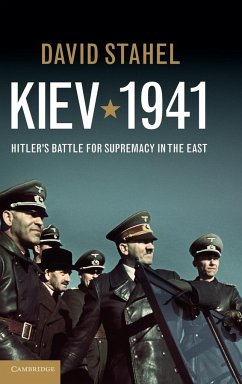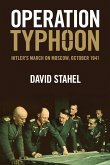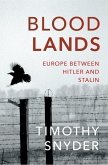In just four weeks in the summer of 1941 the German Wehrmacht wrought unprecedented destruction on four Soviet armies, conquering central Ukraine and killing or capturing three quarters of a million men. This was the Battle of Kiev - one of the largest and most decisive battles of World War II and, for Hitler and Stalin, a battle of crucial importance. In this book, David Stahel charts the battle's dramatic course and aftermath, uncovering the irreplaceable losses suffered by Germany's 'panzer groups' despite their battlefield gains, and the implications of these losses for the German war effort. He illuminates the inner workings of the German army as well as the experiences of ordinary soldiers, showing that with the Russian winter looming and Soviet resistance still unbroken, victory came at huge cost and confirmed the turning point in Germany's war in the East.
Hinweis: Dieser Artikel kann nur an eine deutsche Lieferadresse ausgeliefert werden.
Hinweis: Dieser Artikel kann nur an eine deutsche Lieferadresse ausgeliefert werden.
Reviews of the hardback: 'David Stahel has written a remarkable book. Not only is it the fullest English-language account of the Battle of Kiev, based on an expert knowledge of the records of the German formations directly involved, but it is also a stimulating attempt to put what appeared to be Hitler's greatest victory into the context of his eventual defeat.' Evan Mawdsley, author of Thunder in the East: The Nazi-Soviet War









